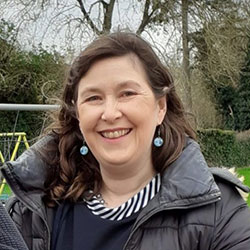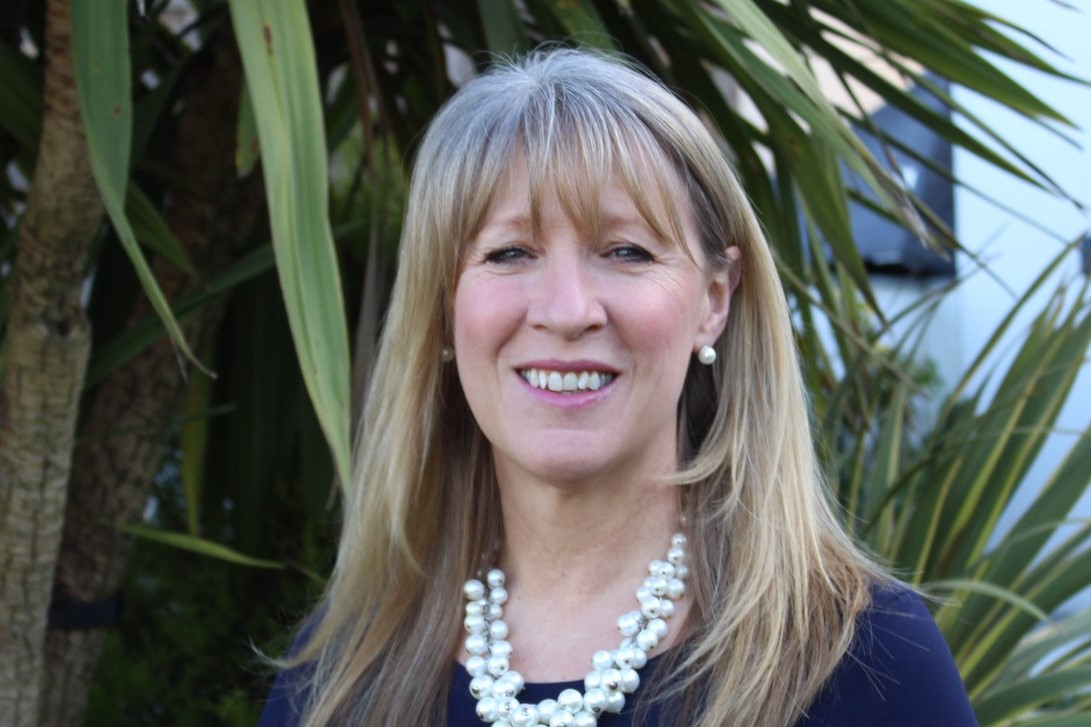In this bulletin:
CLLR SUSAN BROWN: Districts and counties must work together to secure growth
MUST-READS: Our round-up of media and policy highlights for member councils
60 SECONDS WITH… Susan Priest, Chief Executive, Folkestone & Hythe District Council
 Districts and counties must work together to secure growth
Districts and counties must work together to secure growth
Expertise could be side-lined under Government plans to replace LEPs- Cllr Susan Brown, vice-chair, DCN
When I talk to colleagues, both in Oxfordshire and in the wider district family, a feeling of dismay is apparent when the Government’s abolition of Local Enterprise Partnerships is raised.
OxLEP, in my county, had a terrific record – one of the best. It helped secure around £1bn of new funding, its work helped create over 50,000 new jobs in a decade and it oversaw a £3.3bn growth programme. It also had a diverse and gender-balanced leadership.
We’re anxious that its work – featuring district and county, public and private sectors – is maintained. I’m pleased to say that discussions are continuing positively here about how we can retain this sort of model, which has delivered so well for us previously. I hope the same is true in your area, although many of my counterparts elsewhere have told me they’re worried that their expertise is being cut out.
The significant role of districts underpinned OxLEP’s success. Our economic development officers have significant expertise, honed at a place-based level. The needs of Oxford City Council’s area are different from those of one of the more rural parts of the county – but nevertheless we have been very much aware of our interdependence and the need for joint work to secure our mutual goals.
Across the country, district councils are closest to our local communities. We have a uniquely powerful interaction with local businesses, whose focus tends to be on a specific town or city, rather than a wider county area. We have regular meetings with businesses – we understand their needs and our economic plan is designed to support them. Our housing and planning policies offer an environment that supports growth.
It’s not just planning and economic development officers who ensure this closeness. Districts run environmental health, we determine employment and housing designations through our local plan process and manage planning applications, we collect business rates, we manage the night-time economy and our community safety teams work in partnership with police. The involvement of all these district functions is important for business success. So much depends on building the right environment for business and the attention to detail of the many specialists working for district councils helps provide it.
County councils have not had such a strong partnership with business and most of their economic development work was transferred to LEPs years ago. So I’m baffled that the Government has chosen to make them so preeminent in two-tier areas when LEPs are to be abolished. The reform plans announced earlier this month made no mention of the vital role of districts and the importance of our functions in securing future growth. Without it being fully utilised, opportunities will be lost. A broader countywide scale may be useful on some issues – marketing an area to potential inward investors, for instance – but the unique local knowledge provided by districts is irreplaceable.
So it is vital that districts and counties work together in the new landscape. I’m optimistic that we’ll continue to do so in Oxfordshire, but our national economy will be poorer with jobs and investment lost unless it happens in every district/county area.
MUST-READS: Our round-up of media and policy highlights for district councils
DCN/Capita roundtable write-up: ‘I’d like 20 robots by 2025’: councils discuss radical transformation
Write-up of DCN/Norse Group roundtable on waste reform: Councils remain optimistic about the future of waste collection, despite ongoing silence from DEFRA
Cllr Sam Chapman-Allen, DCN Chairman, in the MJ (£): Collaboration is key to harnessing growth
Cllr Bridget Smith, DCN Vice Chair, in the MJ (£): Our vision, our future
Trevor Holden, DCN Chief Exec Group Vice Chair in the MJ (£): Devolution: keeping it local, making it work (themj.co.uk)
LGC (£): DCN to ‘forcibly’ make districts’ case over transfer of LEP powers
LGC (£): LEPs’ legacy and the pitfalls of pendulum politics
Jackie Sadek on LEPs in the Estates Gazette: As we mourn the death of LEPs, local authorities need to just ‘get on with it’ | EG News (egi.co.uk)
The MJ (£): DCN hits back against call for planning to shift to upper tier
Effective Governance Forum report on decentralisation: Reports Effective Decentralisation — Effective Governance Forum (egforum.org.uk)
Cllr Sam Chapman-Allen quoted on nutrient neutrality in Government announcement: 100,000 more homes to be built via reform of defective EU laws – GOV.UK (www.gov.uk)
Adam Lent, Chief Executive of New Local in LGC (£): Oflog’s approach is delusional
The MJ (£): Ending asylum hotel use would back UK ‘into a corner’
Matthew Taylor, Chief Executive, NHS Confederation in the MJ (£): Examining prevention
Karen Bradford, Chief Executive of South Kesteven DC, on changes to building control in the MJ (£): Building control: staying on top of the changes (themj.co.uk)
Susan is Chief Executive of Folkestone & Hythe District Council and a member of DCN’s Chief Executives Group
What was your first job as an adult?
Creating a national benchmarking system for the British Chambers of Commerce when I was their Business Development Exec following their sponsorship of my PhD
What’s given you the most satisfaction in your career?
Supporting all my talented staff transform the culture of the council from one that was described as “toxic” when I took over as Chief Executive to one that was recognised nationally as the fourth best not-for-profit company to work for. We’re recognised for our exceptionally engaging and empowered workforce – well done team!
What’s the most exciting thing your organisation is doing?
Creating and now delivering Otterpool Park Garden Town on council-owned and controlled land, just off junction 11 of the M20 in Kent.
What single thing – not money or devolution – could most improve local government?
All Government departments fully recognising, appreciating the value and partnering with local government in the wide range of activities we undertake in supporting our places, our communities and our passion.
What is your biggest local government annoyance?
Those who disparage and bad-mouth public servants. ☹
What keeps you up at night?
That’s a tough call: either one of my two Vizslas or one of my two teenage sons.
Tell us something surprising about yourself
When I was growing up in the 1970s, I wasn’t able to wear the highly fashionable Toe Socks (yes, you remember them!) as I have Syndactyly. My sister wasn’t allowed to either as she had to show solidarity!







